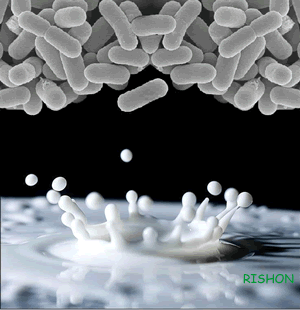AntiFreeze Protein (AFP)
::RISHON::Natural::Vegetarian:: Hit:
 |
Cas No.:
|
AntiFreeze Protein (AFP) |
|
Name:
|
AntiFreeze Protein (AFP) |
|
Spec:
|
natural |
|
Remark:
|
|
|
Category:
|
Natural Amino Acids Vitamin |
| |
|
| Product Intro: |
|
AntiFreeze Proteins (AFPs) create a difference between the melting point and freezing point known as thermal hysteresis. The addition of AFPs at the interface between solid ice and liquid water inhibits the thermodynamically favored growth of the ice crystal. Ice growth is kinetically inhibited by the AFPs covering the water-accessible surfaces of ice.
Thermal hysteresis is easily measured in the lab with a nanolitre osmometer. Different organisms have different values of thermal hysteresis. The maximum level of thermal hysteresis shown by fish AFP is approximately -1.5 C (2.7 F). However, insect antifreeze proteins are 10-30 times more active than any known fish protein. This is probably because insects encounter lower temperatures on land than the -1C or -2 C that fish face in freezing waters. During the extreme winter months, the spruce budworm can battle temperatures approaching -30 C and resist freezing, though the Alaskan beetle Upis ceramboides can survive in a temperature of -60 C by using an antifreeze molecule that is not composed of proteins.
The rate of cooling can influence the thermal hysteresis value of AFPs. Rapid cooling can substantially decrease the nonequilibrium freezing point, and hence the thermal hysteresis value. This means organisms may not be able to adapt to their subzero environment if the temperature drops abruptly.
|
|